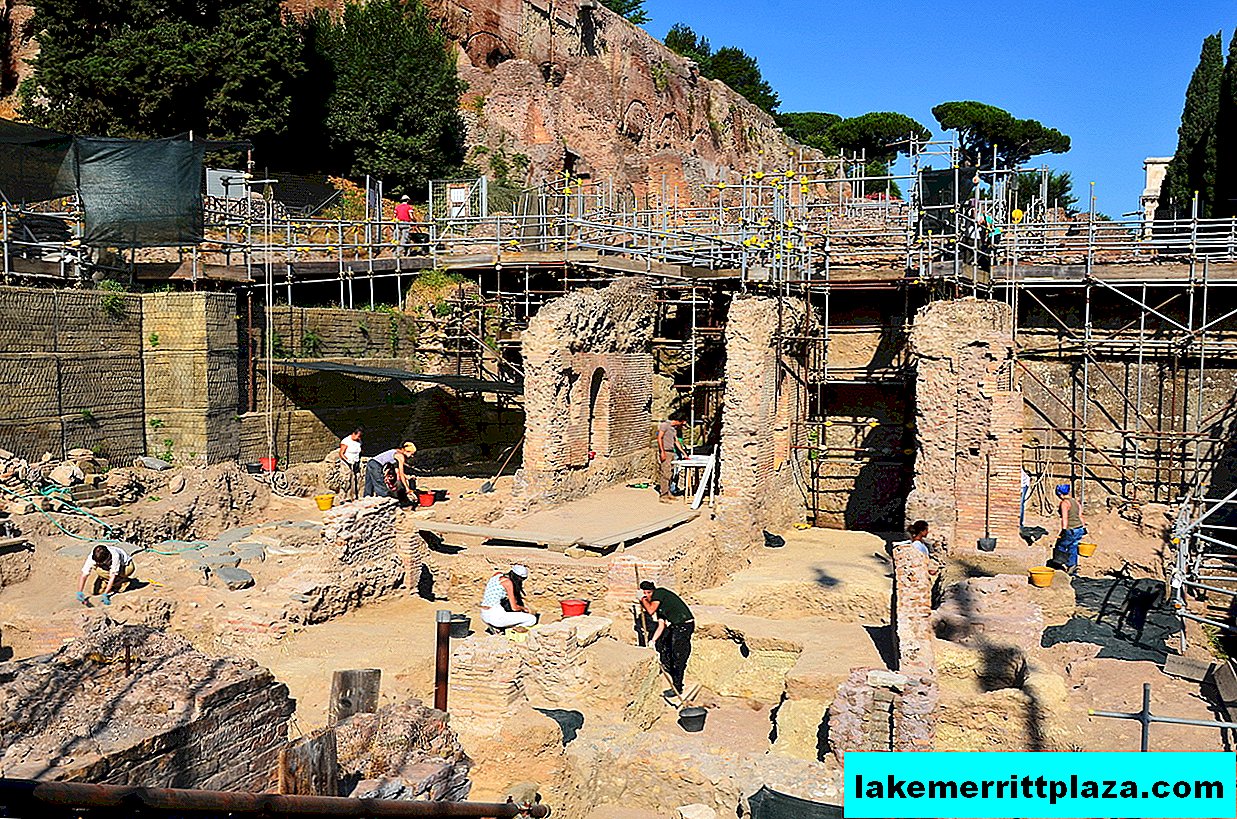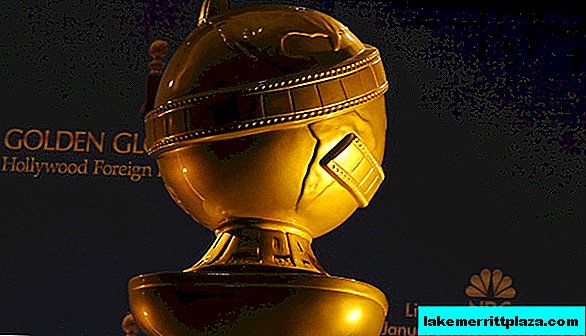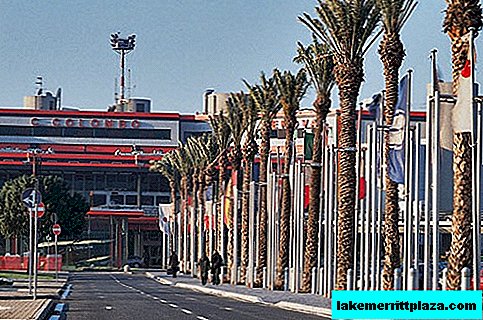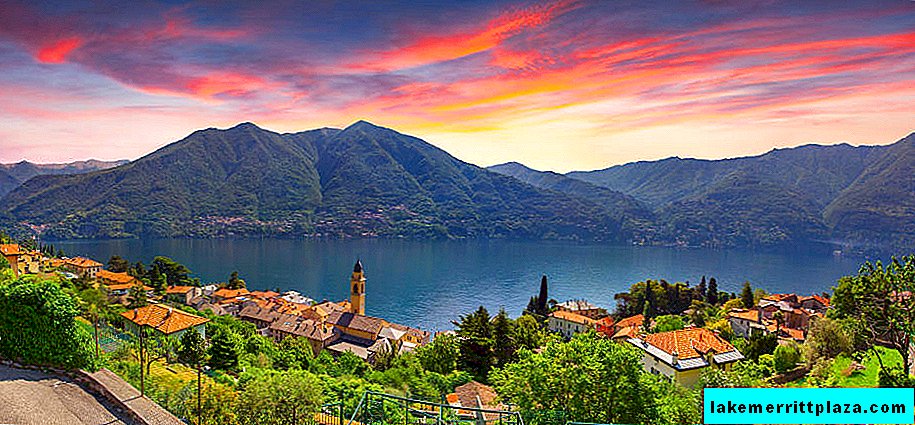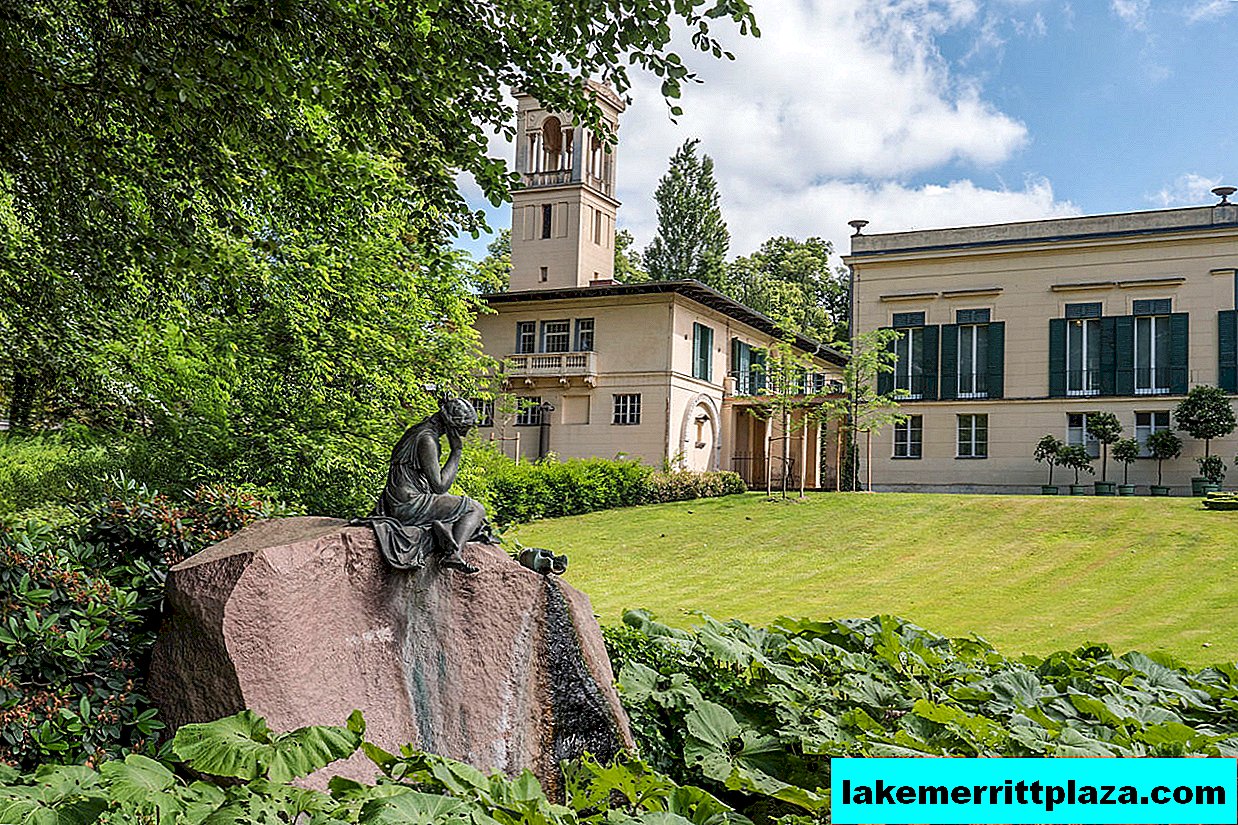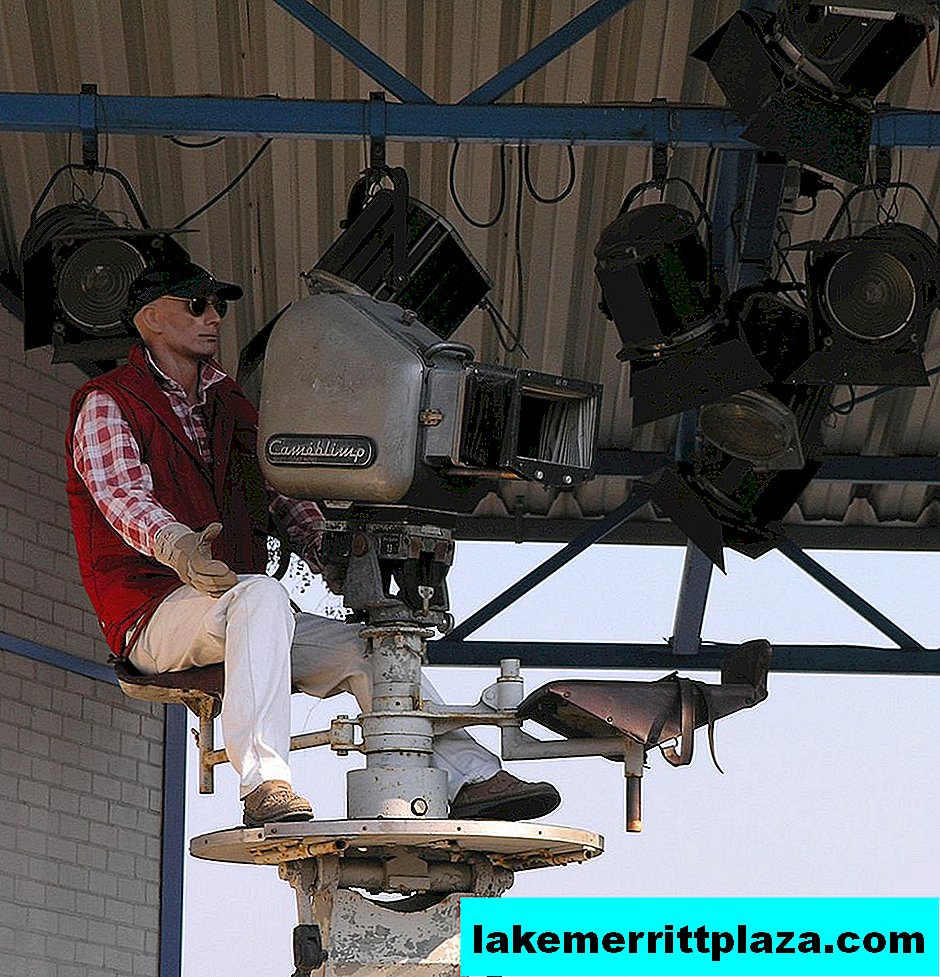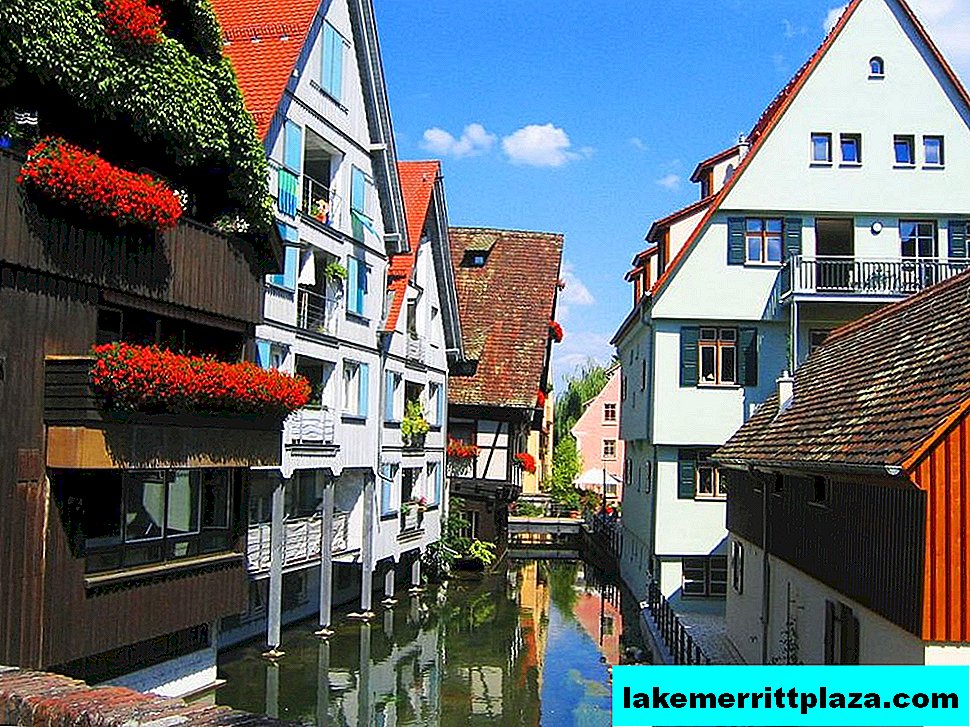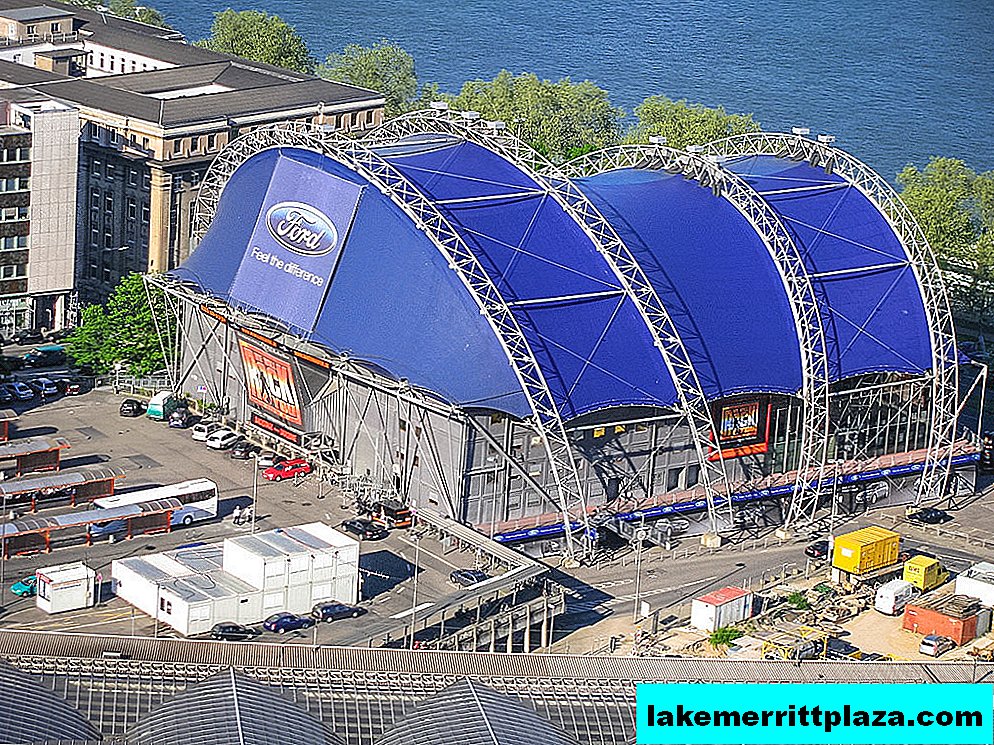If fate has cast you into the Northern capital of Italy, then the fresco of the Last Supper by Leonardo da Vinci is worth a look. No wonder BlogoItaliano put it on the second line of the TOP list What to see in Milan. Another thing is that get tickets to attend the Supper almost impossible if you don’t know where and when to look. But before we talk about tickets, we will pay a little attention to the Masterpiece itself.
Of all the works of Leonardo da Vinci, preserved to date, the fresco The Last Supper in Milan one of the most noteworthy. And even those who are ready to tirelessly prove that its plot is completely inconsistent with the events described in the New Testament recognize this. The point, however, is not in the plot or in the artist’s views, which he allegedly wanted to reflect in the drawing, painting the wall of the refectory of the monastery Santa Maria delle Grazie…
Leonardo da Vinci: the genius of incompleteness
Do you know a lot of contemporary artists who would be honored to work for the most senior persons at the age of 30? The high mortality rate in the Middle Ages is not an excuse, since babies died mainly (if there were no epidemics), and at 50-60 years old men didn’t look so old at all. Especially if they belonged to one of the 2 upper classes or chose the path of trade or craft.
Art in those years was also a craft - no better and no worse than others, and there was no shortage of craftsmen. Young, old, talented and not very. Especially in Italy, where every major city had its own school of fine arts.

Leonardo da Vinci self-propelled wooden cart
By the age of 30, Leonardo became famous not as an artist, but as a mathematician and engineer. The era was restless: the Italian dukes did not go on close campaigns with friendly visits. As a result, the demand for high-quality fortifications and armor-piercing equipment was decent, and in 1482 Leonardo was invited to Milan.
However, all city fortifications, as well as the equestrian statue of the father of the Duke of Milan, Lodovico Sforza, were never erected. Almost all the paintings, commissioned by Leonardo, the Duke and his entourage, remained incomplete. Why?
The Last Supper of Leonardo da Vinci: from design to creation
Leonardo was interested in a new riddle. He decided to thoroughly investigate the patterns of aerial perspective, according to which the farther the subject is, the more indistinguishable its true color becomes. As before, this mystery of Leonardo was guessed by nature itself. The artist creates a series of sketches and several paintings in which he first appears sfumato - light haze, blurred contours, soft shadow, which soon became a characteristic feature of his paintings.
Leonardo was also worried about the issues of organizing space on the canvas - a linear perspective, and the problem of the "golden section". It was then (in 1490) that the famous drawing "Vitruvian Man" appeared, representing accurate calculations of body proportions.

Vitruvian man Leonardo da Vinci
But the opportunity to move from theory to practice in three areas immediately appeared only in 1494. It is this date that most researchers call as the starting point: The Last Supper of Leonardo da Vinci, which existed until then only in the imagination of the artist, began to take shape on the monastery wall. The size of the mural is 460 × 880 cm.
Work continued until 1498. Trying to make the figures more voluminous, and, therefore, more natural, Leonardo, fascinated by the idea of conveying the principles of aerial perspective on a static surface, paints the refectory not with tempera on wet plaster, as was customary, but with oil paints in ordinary, dry.
But this is nothing more than an experiment, albeit generously paid. The plot is secondary for the artist. The main thing is to recreate a harmonious space with the help of accurate calculations. “Believe harmony with algebra,” as another genius will write several hundred years later.

Monastery of Milan Santa Maria delle Grazie
According to legend, the prior of the monastery Santa Maria delle Grazie constantly urged Leonardo, who in revenge gave the features of Judas Iscariot resemblance to the abbot. It is possible that this is just a legend: Dominicans (and the monastery was precisely Dominican) were famous for their artists and knew the value of this work - both materially and temporarily.
The Last Supper of Leonardo da Vinci: the victory and defeat of a genius
Leonardo's experiment was only partially successful: he soon had to correct oil paints at the same temperament. However, the palette of shades that makes the figures of the Savior and his disciples as natural as possible at a small distance, thanks to the genius of the master, remained unchanged.
But most of all, the artist’s contemporaries were struck by the illusion of a huge space behind those sitting at the table, which involuntarily transferred to real space, absorbing its features and making observers feel literally inside the fresco.

The Last Supper of Leonardo da Vinci
The strength of the impact of this work on the viewer is such that even serious researchers, studying it, still do not take into account what lies literally on the surface and delve into the symbolism and plot. Although the stunning effect of the Last Supper is just the result of tremendous work of the mind and cold calculation, a kind of equation based, nevertheless, on the strict natural laws that Leonardo followed his whole life. Only? Everyone must find the answer to this question for himself.
How to see the Last Supper fresco
Not a single one, even the highest quality reproduction, can convey the full power of the genius of Leonardo, who solved and solved one of the most complex mysteries of nature by creating a fresco The Last Supper in Milan. A fresco to this day adorns one of the walls of the refectory in Santa Maria delle Grazie at: Piazza Santa Maria delle Grazie 2 | Corso Magenta, 20123 Milan, Italy (Centro Storico).
The church is open for visits daily from 7:30 to 19:00 (break from 12:00 to 15:00). On pre-holidays and holidays Santa Maria delle Grazie welcomes guests from 11-30 to 18-30.
Access to the room with a fresco is strictly limited. And before that, you will have to buy tickets for the Last Supper inspection, allowing you to be in the refectory for 15 minutes.
By the way, it’s not easy with them: being one of the main attractions of Milan, the Last Supper is very popular among city guests. Tickets for it are being sold out 2 months in advance, so the chances of watching the evening “with a snap” are very illusive. Tickets are not for sale either, which is strictly monitored by the security service.
Thus, for those who are just preparing for a trip to Italy and want to see the Last Supper with their own eyes, there is only one acceptable option - online booking.
Where to buy tickets for the Last Supper
The Last Supper has always been in crazy demand in Milan, but when we first wrote this article in 2013, it was still a bit easier with tickets. Now in 2019, when reviewing the available ways to take tickets, we must admit that everything has become even more complicated.
Limiting the number of tickets on sale has led many operators to shamelessly overpricing. It often comes to the fact that travelers are willing to pay up to $ 100 per ticket, just to see the mural. Nevertheless, there are still several ways to get to the Last Supper inspection for adequate money.
Method 1: Weekend in ItalyThe site where you can search for tickets without overpaying for an excursion is Weekend in Italy. Here you can find tickets quite often, because the site is the main supplier for many foreign agencies, but there are some peculiarities.Tickets for the Last Supper here are only available with one more purchase. For example, you can combine a visit to the Supper with a ticket to the Brera Gallery, the Leonardo Atlantic Codex in the Ambrosian library, or take a 24-hour Milano Card. If you choose only the Last Supper, the system is just will not let you go to the ticket purchase phase.Since these attractions are among the most iconic in Milan, this is a great way to make an interesting plan immediately for the whole day.Check ticket availability and prices ›››By the way, the Last Supper is by no means the only attraction in Italy, tickets for which you should book in advance. We have already written more about such places here and recommend the article to everyone who wants to “take” their holidays in Italy to the maximum.Method 2: Last Supper TourAnother way to watch “Last Supper” is to do it as part of an English-language tour. So do many foreigners, and not only Russian speakers. Because it is often much easier and cheaper to go on an excursion, albeit in English, than to buy tickets from dealers at inappropriately high prices.You can see the detailed description of the tour and place an order for participation on this page.
What to do if there are no tickets for the required date
When BlogoItaliano found out about such a critical situation with tickets, we contacted our familiar guide Oksana in Milan (you can read a review about it here) and asked if something could be done so that BlogoItaliano readers could still get to see frex even with this rush on tickets.
AND Oksana encouraged…
It turns out she periodically helps travelers, ordering an excursion from her “In the footsteps of Leonardo da Vinci”, get to view the fresco. Moreover, often tickets can be obtained even at the box office price. According to Oksana, she does not give a 100% guarantee of visiting the fresco, but for many years of practice she had only one case when tourists could not get inside.
If you were careful, you probably noticed that we are talking only about tickets in addition to excursions. But it's a three hour tour in Russian with one of the most sought after guides in Milan.
By the way, in addition to the Last Supper of Leonardo da Vinci, the tour also includes a visit to another masterpiece of the master in the Sforzesco castle and his own painting “Portrait of a Musician” in the Ambrosian Gallery. Well, for the most persistent admirers, the genius Oksana includes in the tour the Museum dedicated to the inventions of Leonardo.
You can contact Oksana to clarify the details of the tour with her by e-mail email protected or through the feedback form below.
Mail for Oksana:
* By clicking on the "Send Message" button, I consent to the processing of personal data and agree to the privacy policy

